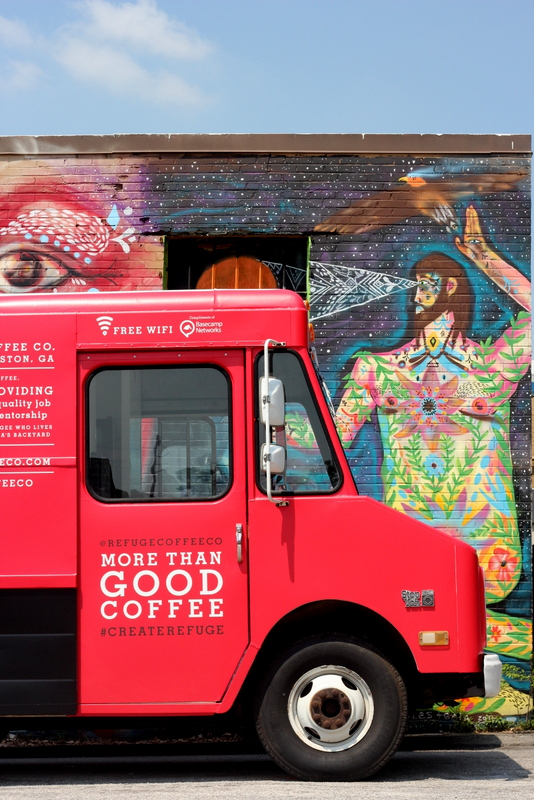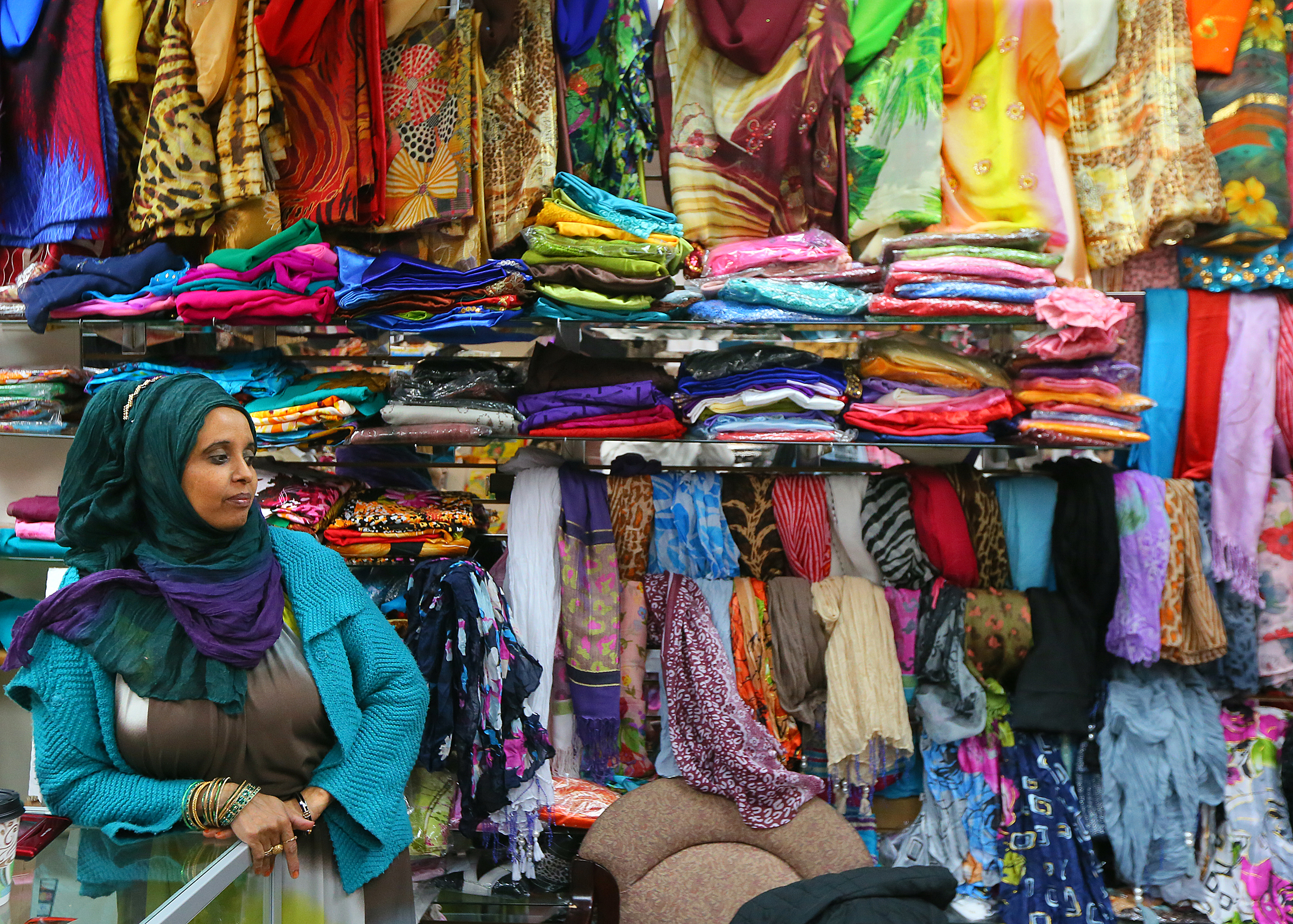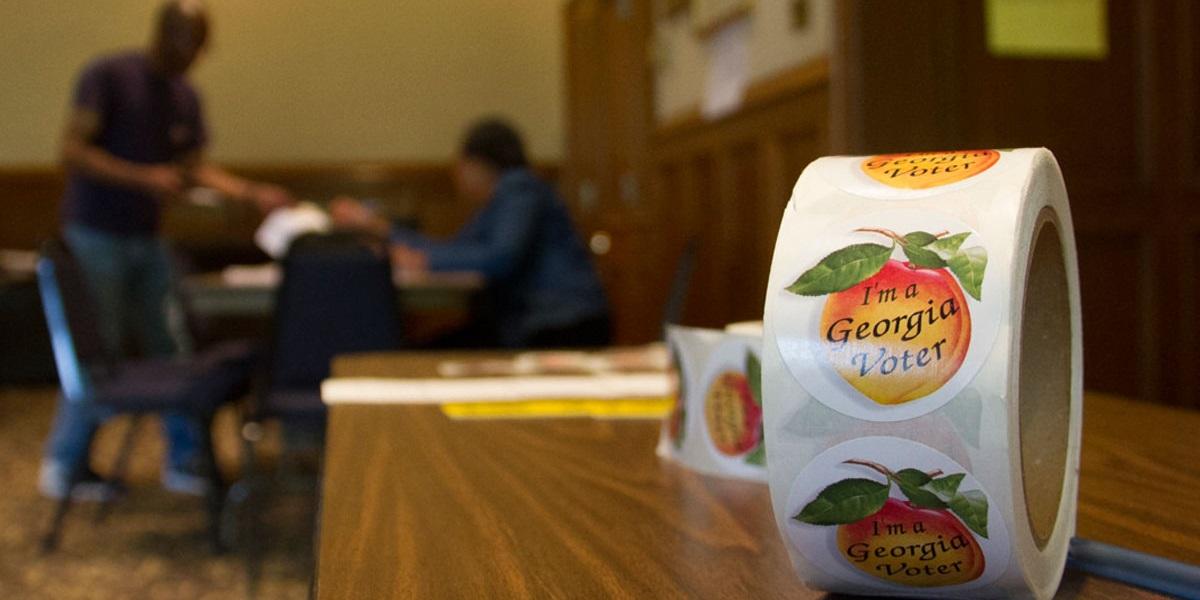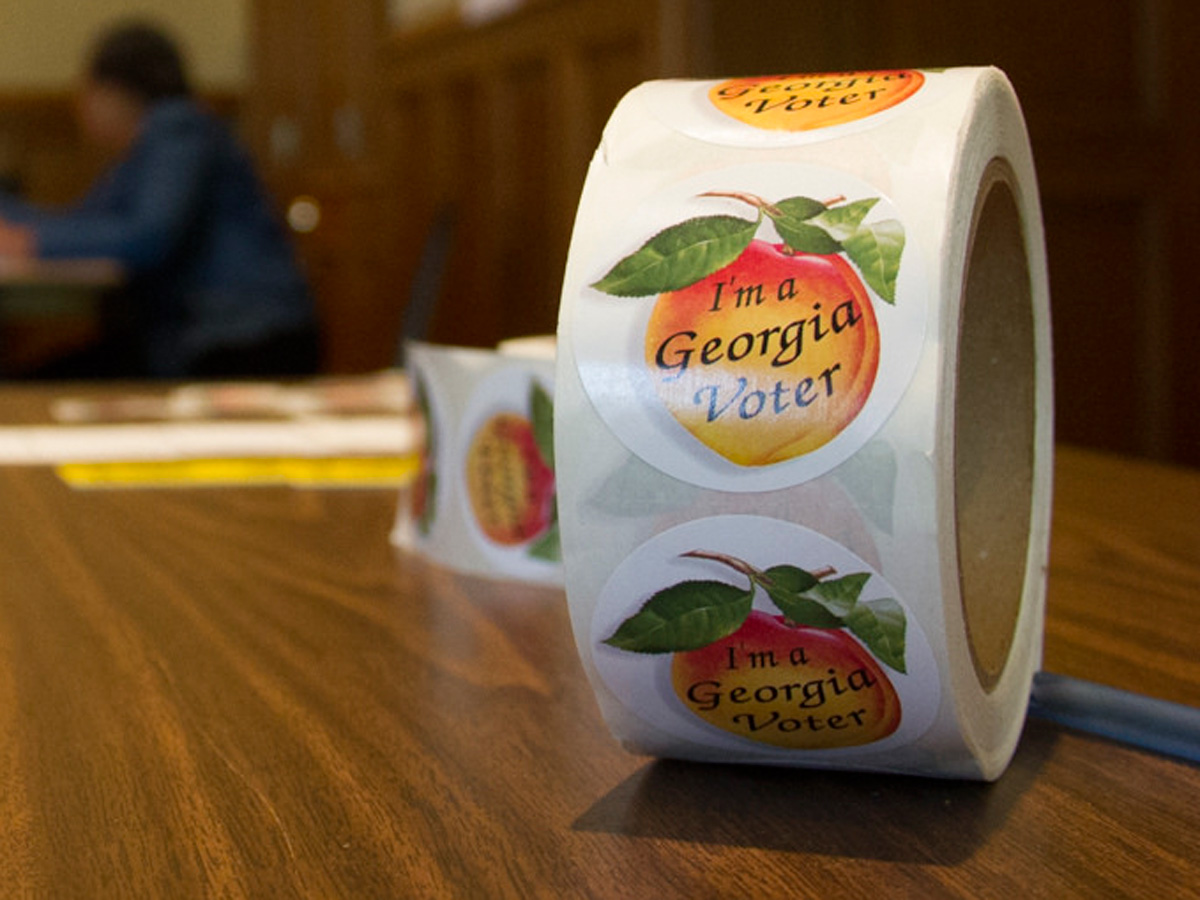By Sandy Davis
Just a few short months ago, President Barack Obama announced that he would be increasing the U.S. intake of refugees to 110,000 in fiscal year 2017, up from 85,000 in 2016 (a 30 percent increase). In an effort to face what many have determined to be the largest refugee crisis since World War II, the Obama administration is seeking to specifically increase the number of refugees from the Near East and South Asia region, which includes Syria.
As they are unlike immigrants in many ways, refugees are accorded a particular political status. Refugees have generally come to be defined as those persons fleeing from religious, political, or other forms of persecution. They are unwilling to return to their country of origin and are considered as having a “special humanitarian concern to the United States.” Refugees are also accorded a basic set of rights, which includes the right to safety as well as rights to access schooling, medical care, and work. According to the United Nations High Commissioner for Refugees, refugees should be granted the same rights given to other foreigners who have obtained legal residence in the state of asylum. Since 1990, refugee figures in the United States have dropped. However, the proposed 2017 increase in refugees is the highest the ceiling has been in almost two decades.
While the Obama administration seeks to make significant political changes of international repute, Obama’s decision about refugee admittance has not come without some opposition. Many states have protested the entrance of Syrian refugees, believing it to be against the best interests of U.S. citizens. Heavy opposition has also come from President-elect Donald Trump, who stated that allowing Syrian refugees into the United States “could be one of the great Trojan horses.” The President-elect scathingly rebuked German Prime Minister Angela Merkel for her open-door policy after the Paris attacks nearly a year ago. He has since continuously raised concerns about the infiltration of terrorism into the United States, peddling on an already existing hotbed of American anxiety on the subject.
Since 2004, the state of Georgia has managed a total of 28,364 refugees from across the world. Of those 28,000 people, only 29 originated from Syria. In 2015, the state of Georgia resettled 19 of those 29 refugees alone, accounting for only one percent of the total number of refugees resettled in that year. In the same year, Georgia processed over 1000 cases, effectively resettling 3,017 refugees. Nearly a year ago, Governor Nathan Deal issued an executive order halting the resettlement of all Syrian refugees in Georgia. Just a few short months later, Attorney General Sam Olens declared that the governor had no legal grounds on which to make that decision. Deal has continuously iterated his concerns about Georgia shouldering an unfair share of refugees, straining both the economy and growing fears of terrorism. However, in 2015 the state of Georgia accepted only four percent of all resettled refugees in the United States. That four percent included a meager three percent of all Syrian refugees resettled throughout the nation.

A majority of these refugees are resettled in Clarkston, Georgia, an Atlanta suburb. This area has a 35-year history of resettlement, and its 1.4 miles inhabited by refugees are some of the most ethnically and culturally diverse territory in the nation. The suburb is ideal for resettlement because of its low property value and easy accessibility to public transportation and employment. While many Georgia lawmakers have voiced their concerns about radicalism in these communities, Clarkston Mayor Ted Terry has stated that he believes the community in which he lives to be peaceful. The progress of Clarkston’s programs can be measured by the success of some of its thriving local businesses, which includes Refuge Coffee Company. This non-profit organization seeks to train and facilitate job and networking opportunities for refugees in the Clarkston area. The organization currently works out of a food truck serving coffee while simultaneously providing job creation and training for newly arrived refugees. Refuge Coffee Company is only one of many programs the Clarkston area has to offer to the influx of refugees pouring into its city limits. Similar programs and opportunities exist in other refugee communities in the United States, including Nashville. World Relief, a national and global non-profit with offices in both Tennessee and Georgia, helps to resettle and assimilate refugees into American life by offering a variety of successful programs for them from across the globe.
Many skeptics argue that the continued acceptance of refugees, particularly from Syria, raises national security fears. The United States has historically had a negative response to the entrance of refugees. According to one Pew Research Poll, over 50 percent of Americans were opposed to the United States admitting refugees from Indochina in the 1970s and Cuba in the 1980s. Now, over 50 percent of Americans are opposed to accepting refugees from Syria. Despite the overwhelming devastation that has occurred as a result of civil war in Syria, Turkey has received approximately 2.5 million documented refugees, more than any other country worldwide. Lebanon trails with 1.1 million. The United States, by contrast, has accepted a meager 1,682 Syrian refugees in 2015 and 1,908 in the last five years. As someone who has worked with Syrian families residing in the state of Georgia, I can attest to the atrocities and devastations that these individuals, families, and children have undergone. Their stories of travelling from country to country, seeking asylum and protection and narrowly escaping the cruelty of war and famine have now become their triumphant call of victory over persecution. Who many people see as foreigners, I have come to see as friends and even family. These Syrian families in Clarkston are a far cry from the radicalism so often raged against in the public forum. These are not killers; they are simply refugees.
While the United States has remained a leading contributor for humanitarian aid in Syria, the problem remains: money doesn’t always fix war. What is left for these refugees when there is no home to turn back to and no country left to accept them?


